
OR
Experts at odds whether govt can tweak LLRC report
Published On: February 2, 2017 07:24 AM NPT By: Sangeet Sangroula | @SangeetJourno
KATHMANDU, Feb 2: Arguing that the local level restructuring commission (LLRC) only has the authority to make recommendations concerning new local units under the federal system, a group of constitutional lawyers has suggested to the government that it can make necessary changes to the report submitted by the commission and endorse it.
As the agitating Madhes-based political parties have been stating that the commission’s report was unacceptable to them and that they will not participate in local polls, Prime Minister Pushpa Kamal Dahal on Wednesday held a meeting with constitutional lawyers to discuss if the government’s amending the commission report would be constitutional. If so, he also asked to what extend the government can make changes in the report to address the demands of the agitating parties.
The lawyers present at the meeting argued that there was no constitutional barrier to the government making changes in the commission report on its own if this was necessary.
“Article 295 (3) of the new constitution has clearly stated that the commission should recommend local units in line with the terms of reference issued by the government; the commission is a recommendations commission by nature. So, we suggested to the prime minister that the government has the right to check if the commission has delineated local units as per the given ToR or not and make necessary changes in the report,” Deependra Jha, who was present at the meeting, said. Leaders from the ruling parties including President of Nepali Congress Sher Bahadur Deuba were also present.
The government last week decided to defer action on the commission report calling for the formation of 719 local units under the federal system, and to make a necessary review to address the concerns of the disgruntled parties.
Madhes-based parties have been demanding that the local units be placed under the jurisdiction of the province. Likewise, they have also stated that they won’t accept the commission’s report unless it recognizes population as the main basis for delineation of new local units. The commission has delineated the local units using both population and geography as the main basis.
Similarly, they have also demanded that at least 45 percent of the local units must be in the tarai region. The commission has proposed around 30 percent of the 719 local units for the region.
However, a lawyer seeking anonymity said that the prime minister held talks with only those lawyers who support the idea that the government can make changes to the commission’s report on its own.
Similarly, Sunil Ranjan Singh, a member of the commission, argued that the commission is not just a recommendations commission but a commission with powers to fix the new local units. He said making changes to the commission’s report will be unconstitutional.
“The government has no legal right to make any changes to the report on its own. It may request the commission to make some changes but it cannot make the changes itself. If the government buys some so-called lawyers to speak in justification of its move, it will be unconstitutional,” he said.
According to Article 295 (3) of the constitution, “The Government of Nepal shall constitute a commission for the determination of the number and boundaries of Village Bodies, Municipalities and Special, Protected or Autonomous Regions to be formed under Clauses (4) and (5) of Article 56. The commission must determine the number and boundaries of the Village Bodies, Municipalities and Special, Protected or Autonomous Regions in accordance with the criteria set by the Government of Nepal.”
Bhimarjun Acharya, another lawyer and constitutional expert, said that the commission is not just a recommendations body but has constitutional status as it has been envisaged by the constitution itself.
He said that the government’s making changes to the report on its own will clearly mean that it does not acknowledge the commission’s report, which would be unconstitutional.
“If the government itself was to make changes to the report and fix local units on its own, what was the point of establishing the commission at all?” he said.
You May Like This

Experts at odds on need for upper house in govt formation
KATHMANDU, Dec 15: Although the constitution clearly stipulates that a new government needs to be formed within 30 days of the... Read More...

Govt mulls sending LLRC report back to commission
KATHMANDU, Feb 10: In a move that the opposition party describes as the government's ploy to delay the local polls, the... Read More...
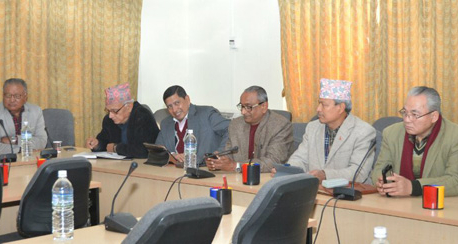
Govt prepares to send ‘LLRC report’ back to commission
KATHMANDU, Feb 9: The government consulted political parties as it wants to send the report submitted by the commission formed... Read More...





Just In
- Nepalgunj ICP handed over to Nepal, to come into operation from May 8
- Nepal to gift two elephants to Qatar during Emir's state visit
- NUP Chair Shrestha: Resham Chaudhary, convicted in Tikapur murder case, ineligible for party membership
- Dr Ram Kantha Makaju Shrestha: A visionary leader transforming healthcare in Nepal
- Let us present practical projects, not 'wish list': PM Dahal
- President Paudel requests Emir of Qatar to initiate release of Bipin Joshi
- Emir of Qatar and President Paudel hold discussions at Sheetal Niwas
- Devi Khadka: The champion of sexual violence victims



_20240423174443.jpg)





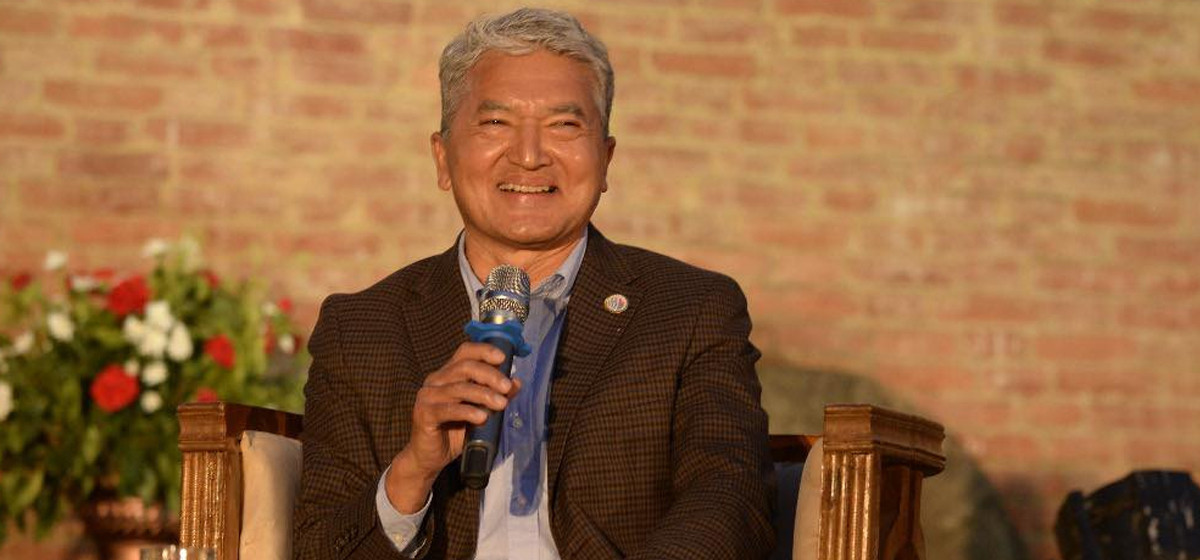
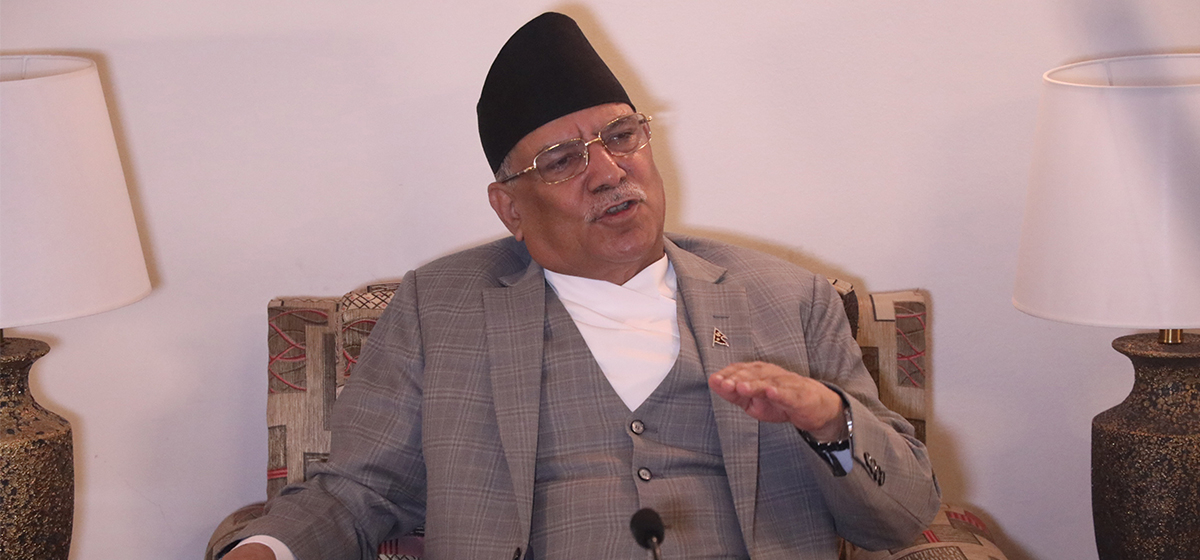

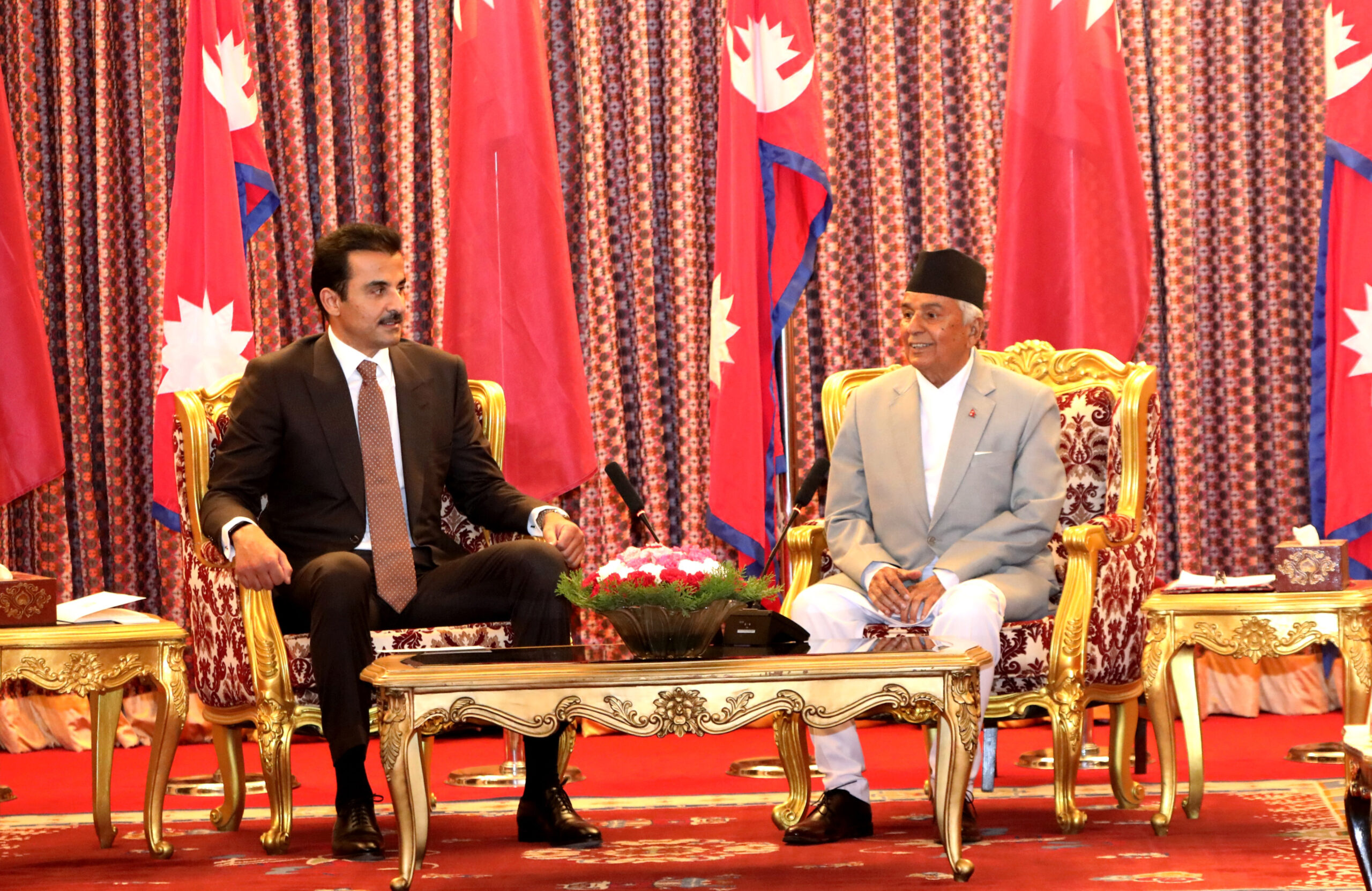
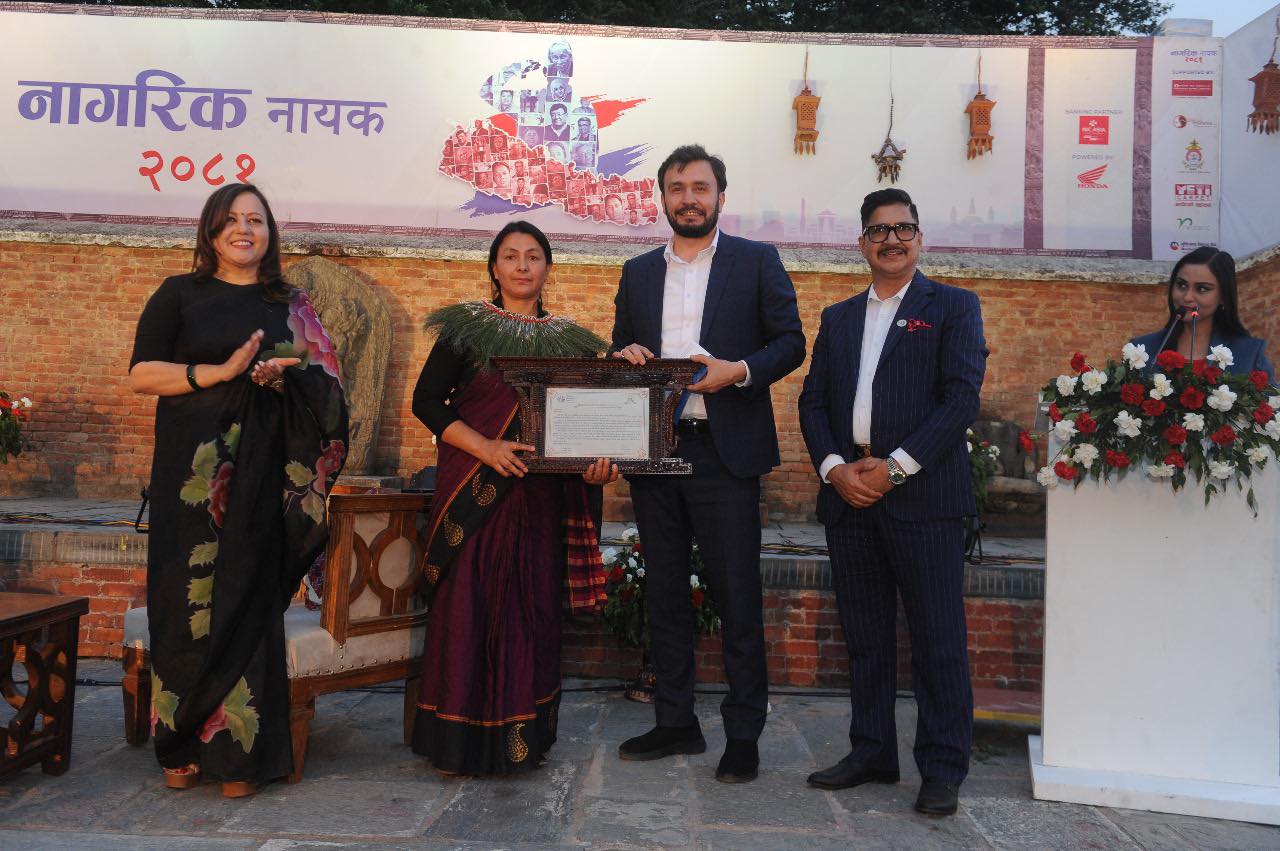
Leave A Comment